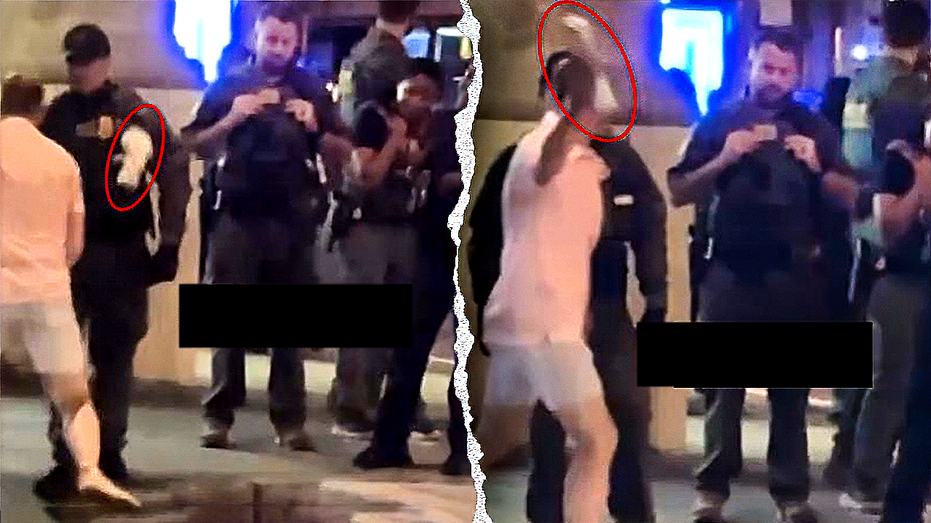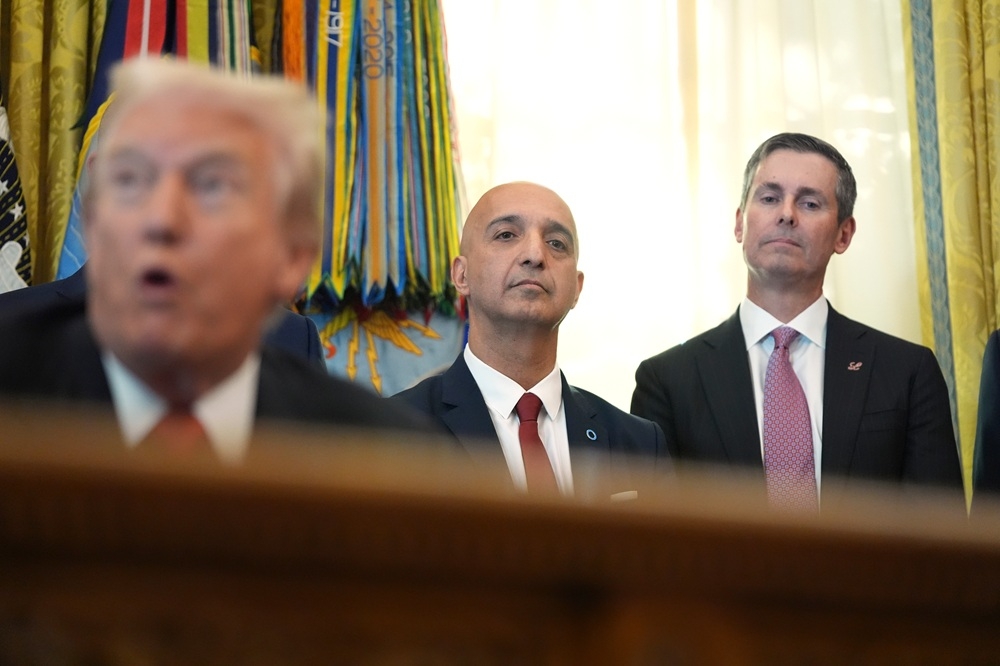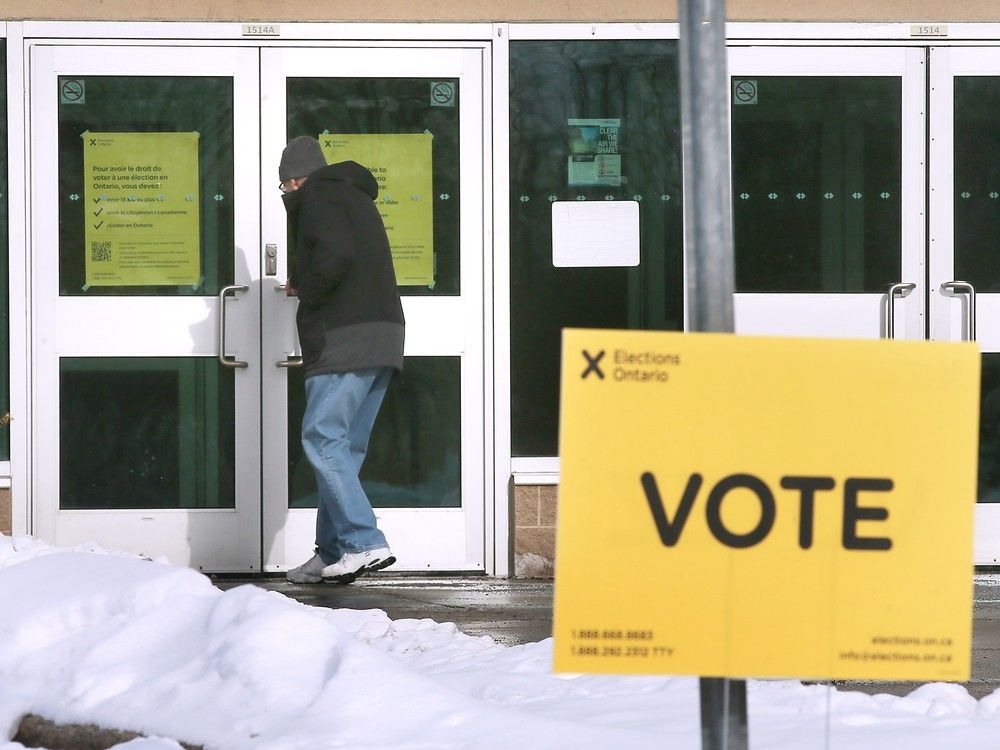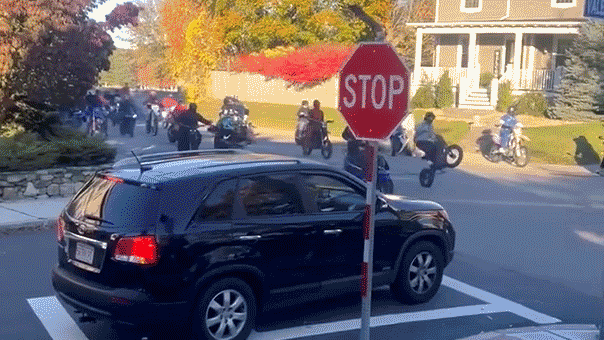A Washington, D.C. courtroom erupted with relief Thursday as Sean Dunn, a former Department of Justice employee, was acquitted of charges stemming from a seemingly bizarre act: throwing a sandwich.
The incident, which occurred in August, involved a sandwich hurled at a U.S. Customs and Border Protection agent. Dunn faced serious accusations – assaulting, resisting, and interfering with a federal officer – carrying potentially significant penalties.
Jurors spent seven hours deliberating before delivering the verdict, a testament to the complex questions at the heart of the case. The moment the word “not guilty” was announced, Dunn embraced his legal team, a visible release of tension after a fraught trial.
Dunn’s defense centered on the argument that the sandwich wasn’t an act of aggression, but a pointed protest. He threw it, his lawyers argued, in direct response to President Trump’s deployment of the National Guard to the city.
The act itself was captured on video and quickly spread online, transforming Dunn into an unlikely figure of defiance for many Washington residents who also opposed the federal presence. He became, in their eyes, a symbol of resistance.
While the defense didn’t deny Dunn threw the sandwich at the officer outside a nightclub, they framed it as a symbolic gesture, an “exclamation point” to express his discontent. His attorney, Julia Gatto, insisted it was a harmless act of free speech.
Prosecutors countered that political motivations didn’t excuse a physical act against a federal agent. They argued that Dunn’s beliefs didn’t grant him immunity from prosecution for assault.
At the time of the incident, Dunn worked as an international affairs specialist within the Justice Department’s criminal division. His career abruptly ended following his arrest.
The Attorney General swiftly announced Dunn’s termination, publicly labeling him as an example of what she termed the “Deep State” – a move that further fueled the controversy surrounding the case.
The trial ultimately hinged on whether the jury saw the sandwich toss as a genuine assault or a provocative, yet ultimately harmless, expression of political dissent. Their decision resonated far beyond the courtroom walls.






